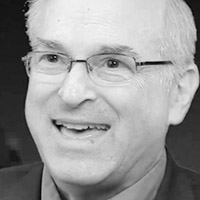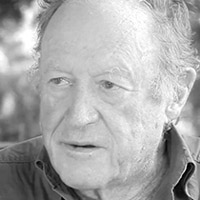Lawmakers Vote To Make Three Tax Provisions for Businesses Permanent
Late last year lawmakers in Washington extended a bill that made three important tax provisions for businesses valid through December 31, 2014. That means those provisions were good for last year’s taxes, but expired when the clock struck midnight on January 1, 2015. The extension was welcome news last year for many businesses. Now there is more good news, as Congress recently voted to make those provisions permanent with a new bill: HR 636.
The three provisions in question are Section 179, Section 1374 and Section 1367(a)(2). With the Section 179 provision taxpayers would permanently be allowed to expense up to $500,000 in qualified assets, instead of just a mere $25,000 without the provision. That is a huge break for many businesses.
Provision Section 1374 has to do with corporations and how they pay taxes. S Corporations typically don’t pay corporate–level taxes. However, C corporations do pay those taxes. When a C corporation chooses to become an S corporation it and purges its assets within a 10-year period it must pay a tax on those gains. However, with Provision 1374 in place the waiting period is cut in half to just five years.
It used to be that when an S Corporation donated appreciated property to a charity it qualified for a fair market value deduction. The shareholders were then required to reduce their basis in the S Corporation’s stock. However, under the Section 1367 provision, those shareholders simply have to reduce their basis according to their share of the adjusted basis of the property that was donated.
If these provisions are passed and become law, they would greatly benefit small businesses. By knowing these provisions are permanent year-round, businesses would be able to better plan their purchases and sales throughout the year. Hopefully this bill is passed by the Senate and signed by the president.
Intel Chief Economist | Paul Thomas
About Paul Thomas Paul Thomas is chief economist and manager of market sizing and forecasting at Intel Corporation in Santa Clara, Calif. He joined Intel in December, 2004, after working at Continental Airlines in Houston, Texas, from 1997 to 2004 and as chief economist from 2001 to 2004. Paul was senior economist at Douglas Aircraft…
Immigration Law | Jake Lipman
About Jake Lipman Jake Lipman has practiced immigration law for over ten years. His practice focuses on employment-based immigration, counseling employers in complex immigration practice and policy concerns. Over the years, he has supported multinational and domestic organizations of all sizes and from every major industry. Jakob has lectured on immigration-related subjects in a variety…
Disruptive Business Education | Manoj Fernando
About Manoj Fernando Through his global work experience, including six Silicon Valley startups, Manoj has learned much about business and entrepreneurship — often the hard way. When he had the opportunity to teach Executive MBA students he realized he was lacking in real-life business education. In particular, the relevant basic building blocks of Silicon Valley’s…
Factors of Success | Leigh Perkins
About Leigh Perkins Hunting big game in India, Morocco, and Scotland, Orvis Chairman Leigh Perkins has dedicated his life to outdoor sporting pursuits. His passion extends well beyond mere participation, however; Perkins has been one of the sporting life’s great ambassadors, sharing his passion with everyone within reach, from working people to presidents. Under Perkins’…




